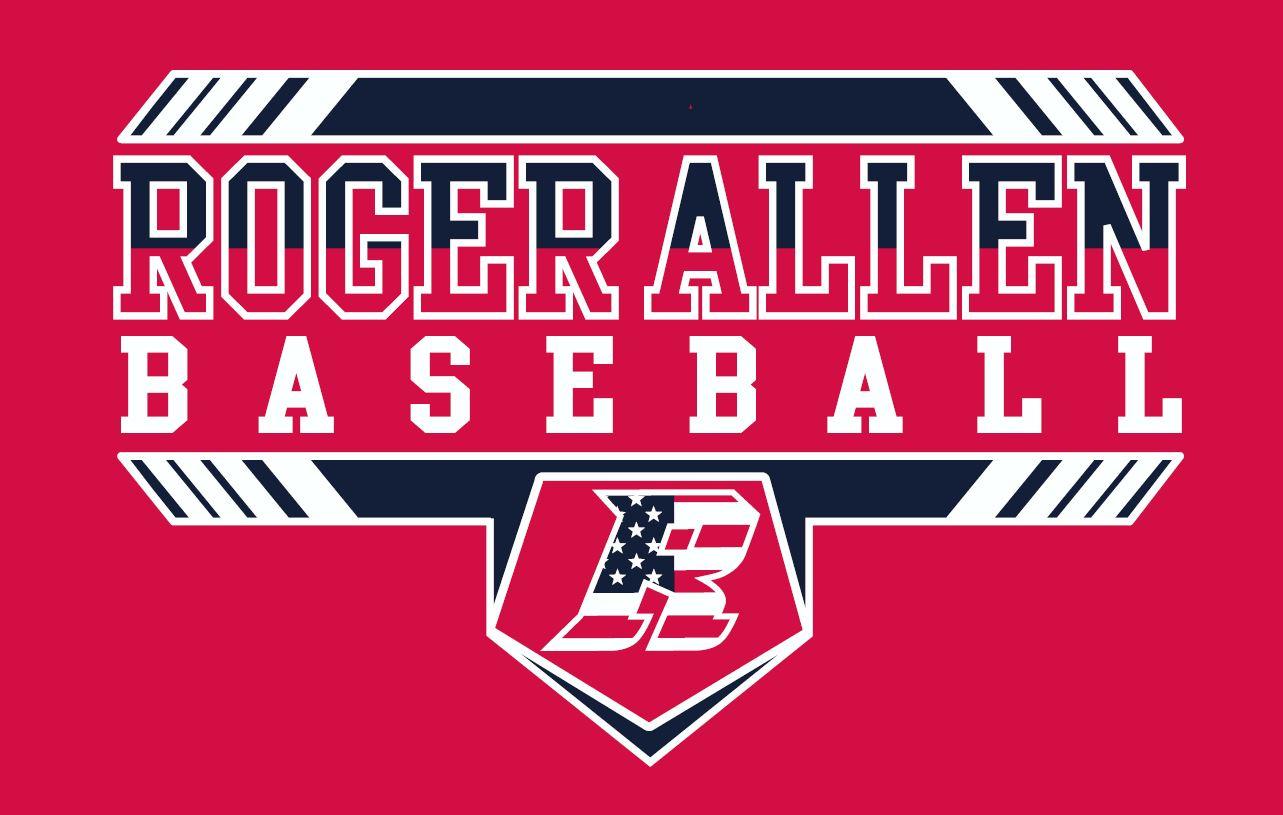
CONCORD - The Attorneys General Office and Gov. Chris Sununu announced today that the State has filed suit against several manufacturers of polychlorinated biphenyls or PCBs, including chemical giant Monsanto.
The State has also sued Solutia, Inc., and Pharmacia LLC for contamination of public property, surface water, sediment, fish, wildlife, marine resources, and other natural resources.
The complaint filed today provides that although PCBs have contaminated New Hampshire for decades, the State is now aware that the scope of PCB contamination is much greater than previously understood. Information also now demonstrates that the defendants knew of the dangers of PCBs early on but failed to warn the public and actively spread misinformation to protect sales.
The complaint has been filed in Merrimack Superior Court.
"Today we are continuing New Hampshire's mission to protect our precious natural resources," said Gov. Sununu. "As an environmental engineer I spent many years cleaning up PCB contamination, and I know firsthand the costs these efforts can place on individuals and communities. By filing this lawsuit, we will ensure that polluters are held accountable and that our State will obtain the financial resources necessary to remedy the harm that PCBs have caused to our environment."
"Those who harm public resources must be held accountable. That is why we are taking this action today," said Attorney General Gordon MacDonald. "I thank our legal team for their hard work in bringing us to this point and their commitment to vigorously protecting New Hampshire's extraordinary natural resources."
Background:
Polychlorinated biphenyls or PCBs are toxic to humans. In the environment, PCB contamination harms sediment, soils, and plants, as well as fish and other wildlife. PCBs impair approximately 81 square miles of the Atlantic Ocean and approximately 46 other water bodies including Squam Lake and stretches of the Souhegan River. In some areas, the State has been forced to issue stringent advisories against regular consumption of certain fish or totally prohibit consumption of any fish. PCBs have also contaminated loon eggs in many lakes, including Squam Lake, where PCBs have contributed to a significant reduction in the loon population. Production and most uses of PCBs were prohibited in the United States in 1979 but impacts persist.
Internal documents from the defendants show that the company deliberately decided to keep selling PCB mixtures despite knowing that it would lead "to contamination of human food (particularly fish), the killing of some marine species (shrimp), and the possible extinction of several species of fish eating birds." Monsanto acknowledged that there was "no practical course of action" to prevent this mass contamination, but still insisted on taking steps "to prolong the manufacture, sale and use of these particular [PCBs]."













